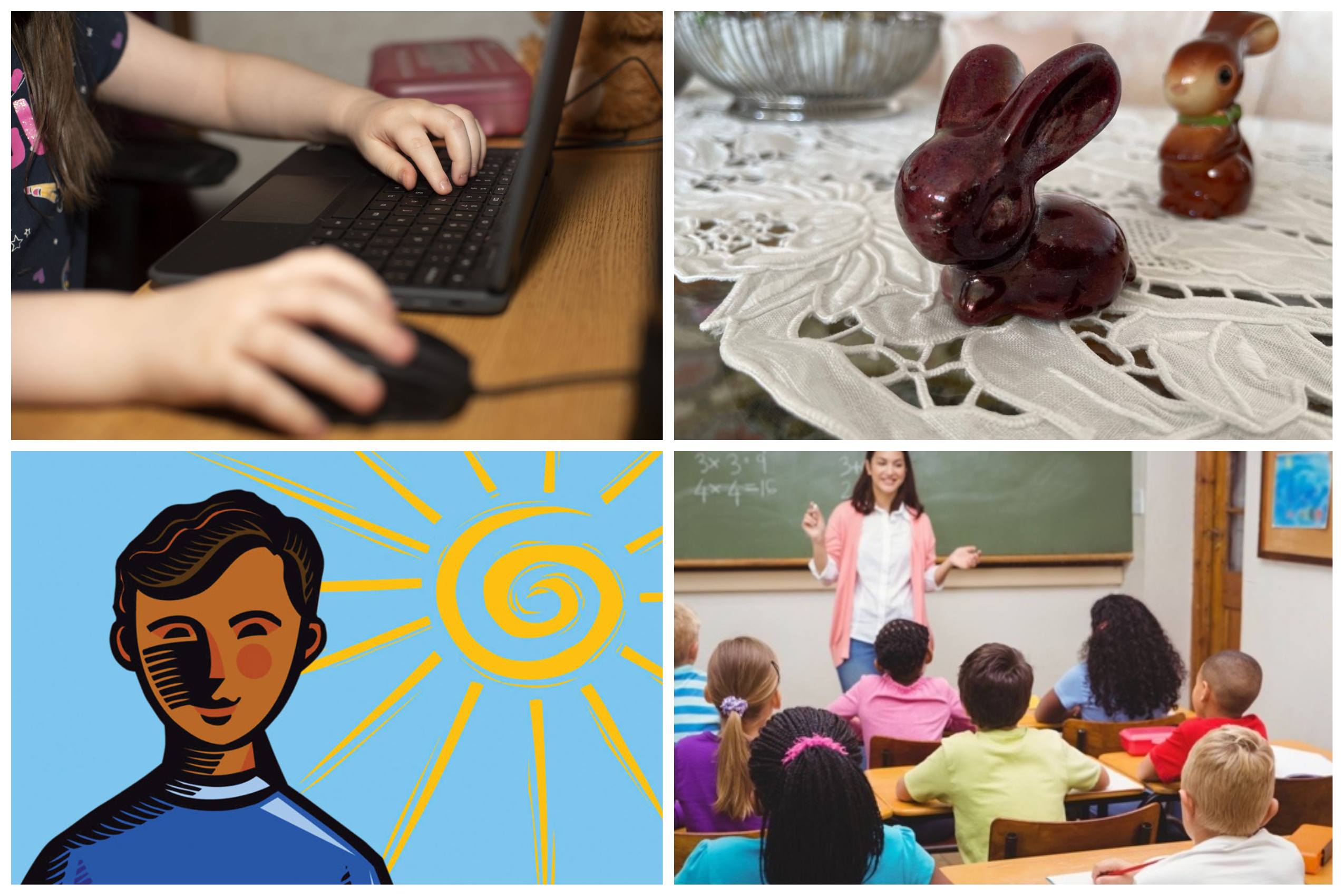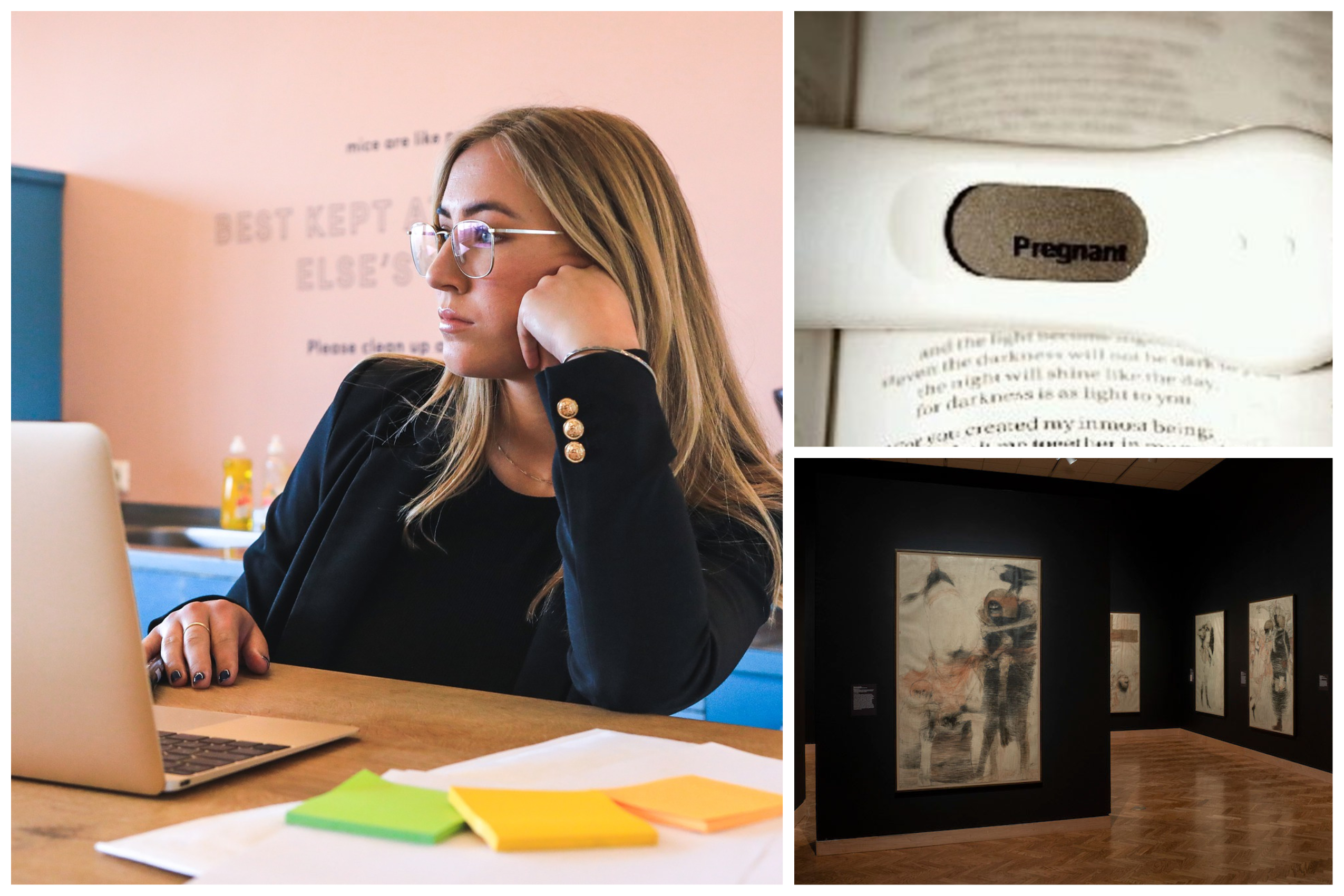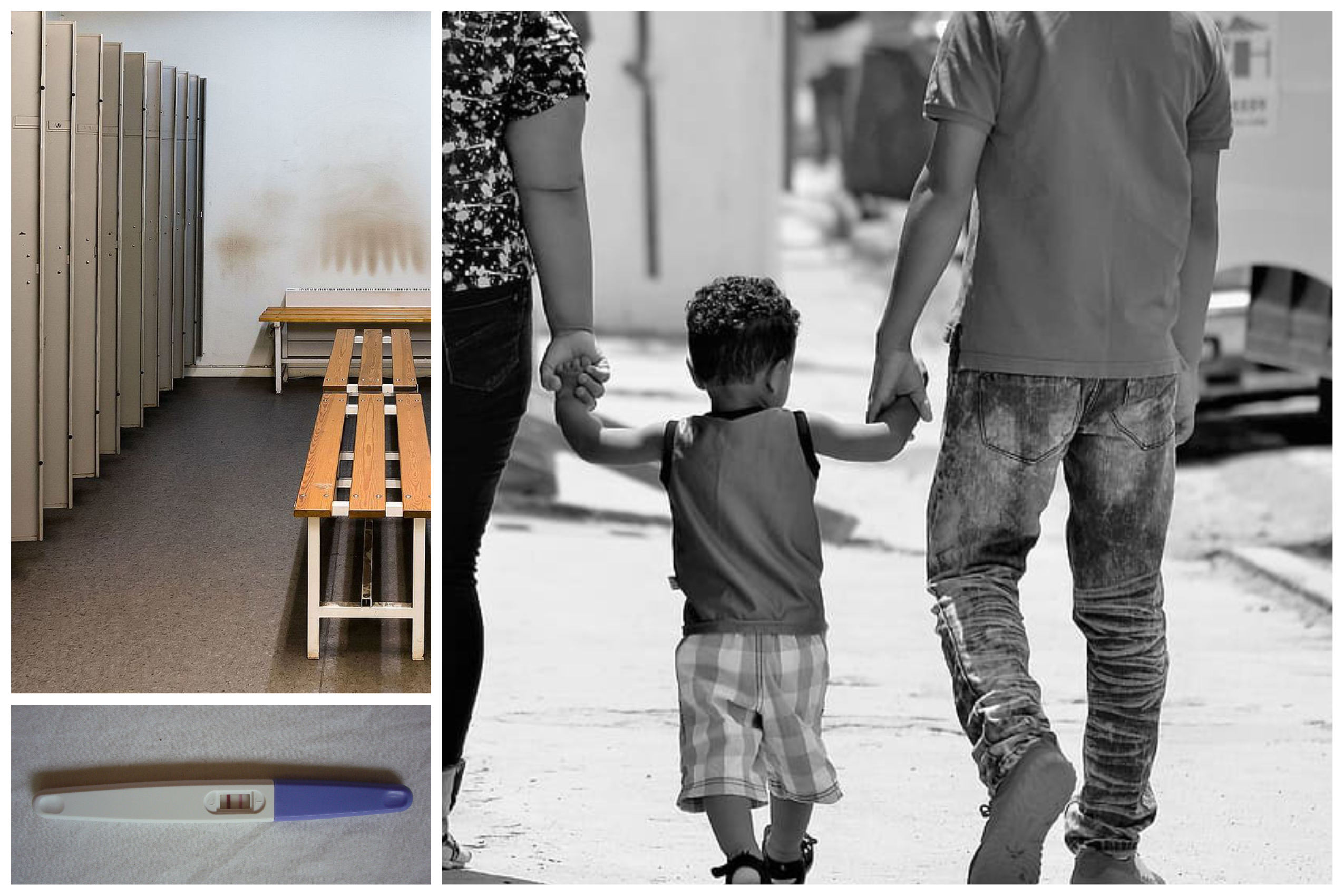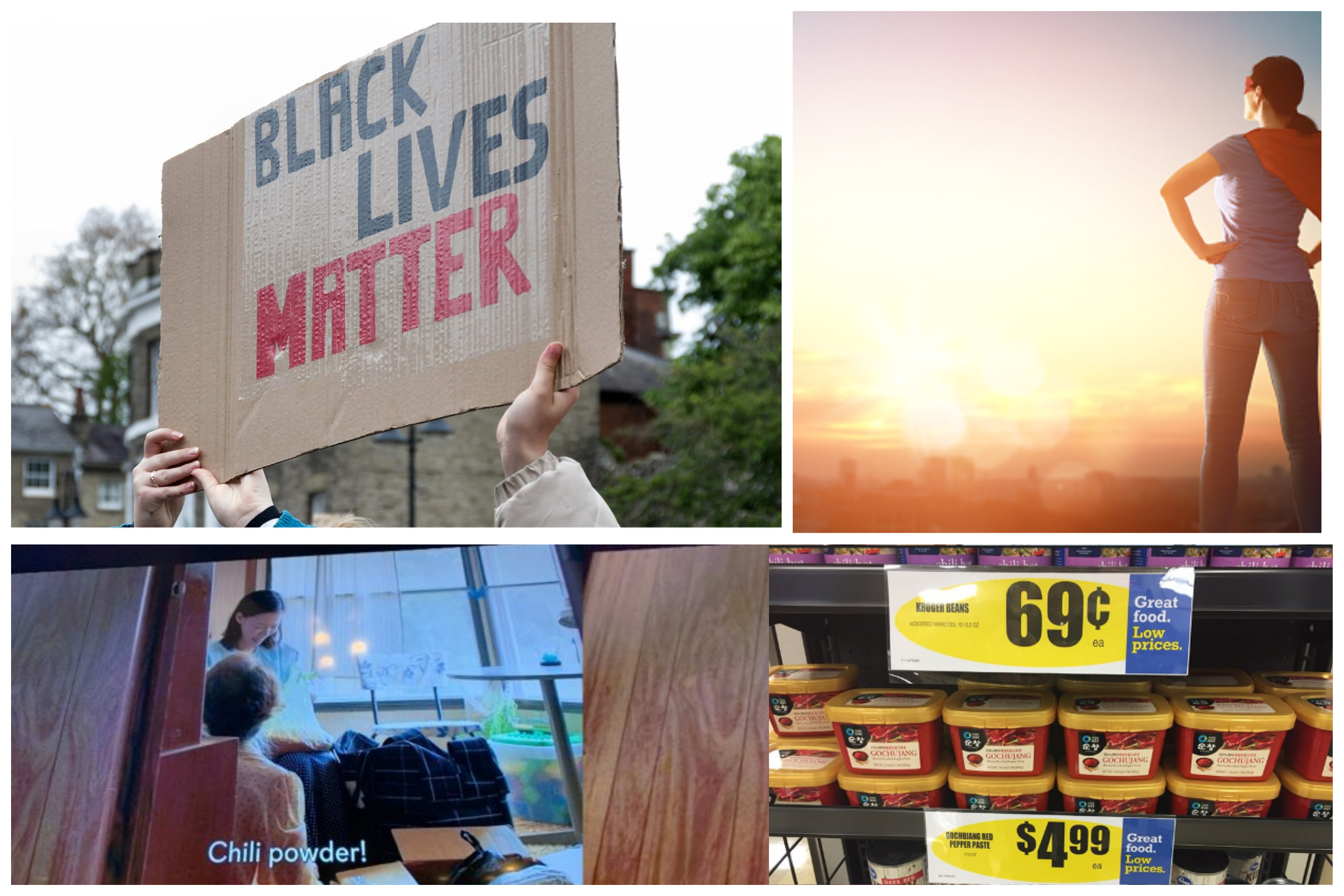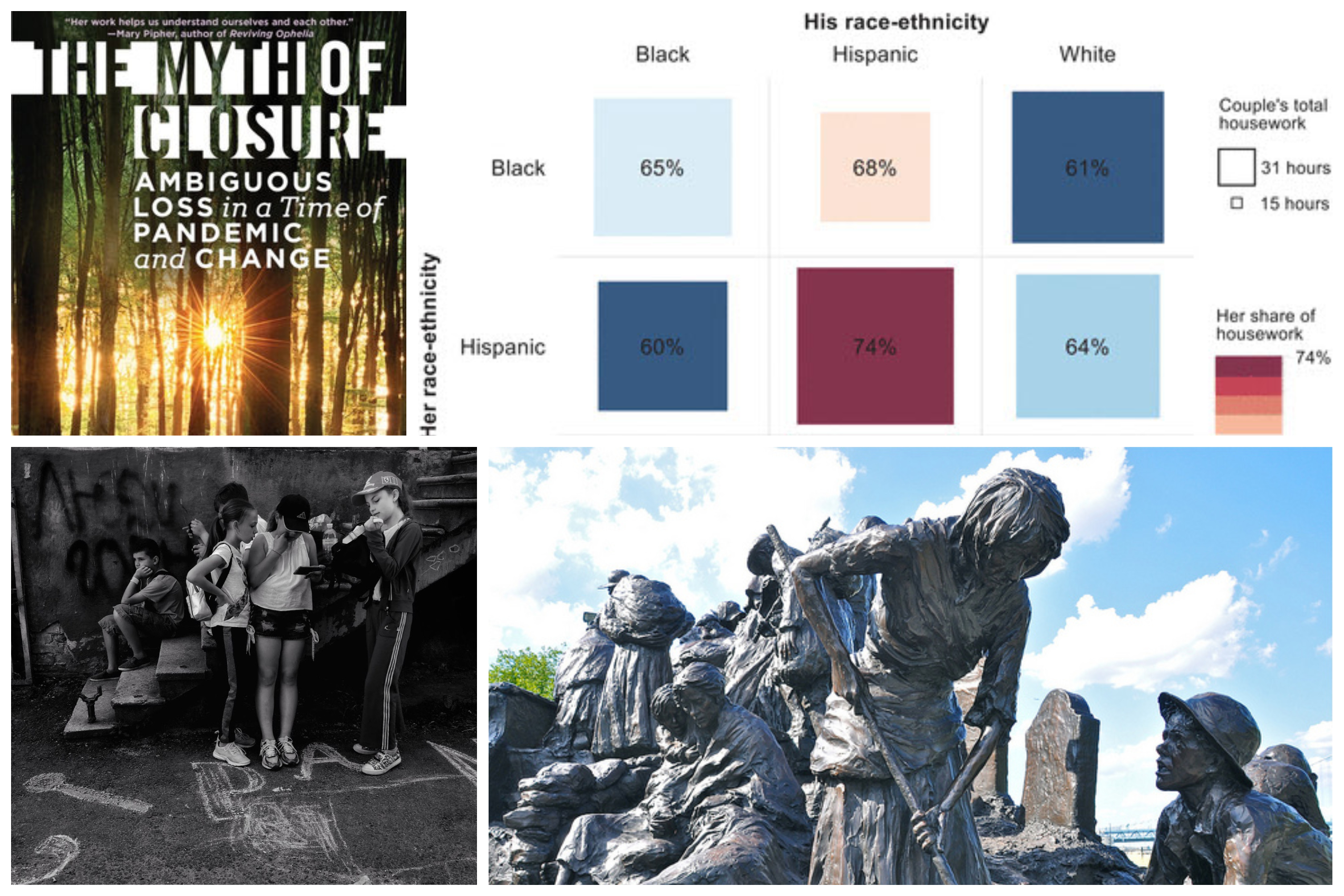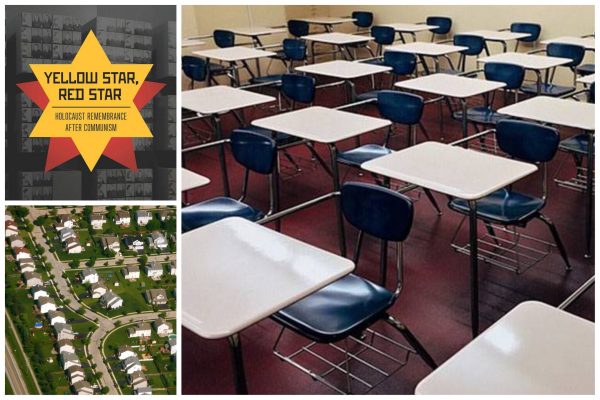 Worth a Read (Sociologically Speaking)
Worth a Read (Sociologically Speaking)
For Mother’s Day we rounded up some of our best pieces over the years on the challenges of motherhood plus a few additional good reads on motherhood we haven’t covered.
New and Noteworthy
Board member Isabel Arriagada created this short and engaging video highlighting new research from John Leverso and Chris Hess on how gang members’ conceptions of ideal manhood changes as they age.
Citings and Sightings
Over at the Conversation, Matt Williams interviewed sociologists Amanda Jean Stevenson and Constance Shehan on how their research provides historical context and clarifies the health risks involved if the Supreme Court does overturn Roe v. Wade.
From the #TSPClassics Collection
During this big news week, we have some TSP and partner pieces that provide social science context for the current political moment.
- Allison Nobles on the people that fought to provide abortions before Roe v. Wade
- Ilana Horwitz, Kaylee Matheny, and Natalie Milan writing for Contexts on how more abortion restrictions might lead to women dropping out of college
- Allison Nobles and Amber Joy Powell wrote for us on the connection between race and reproductive control.


